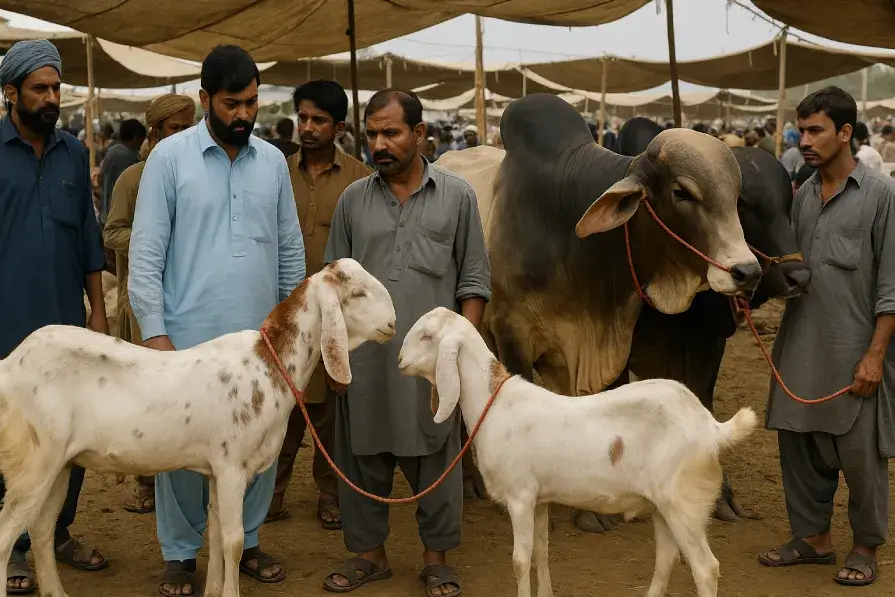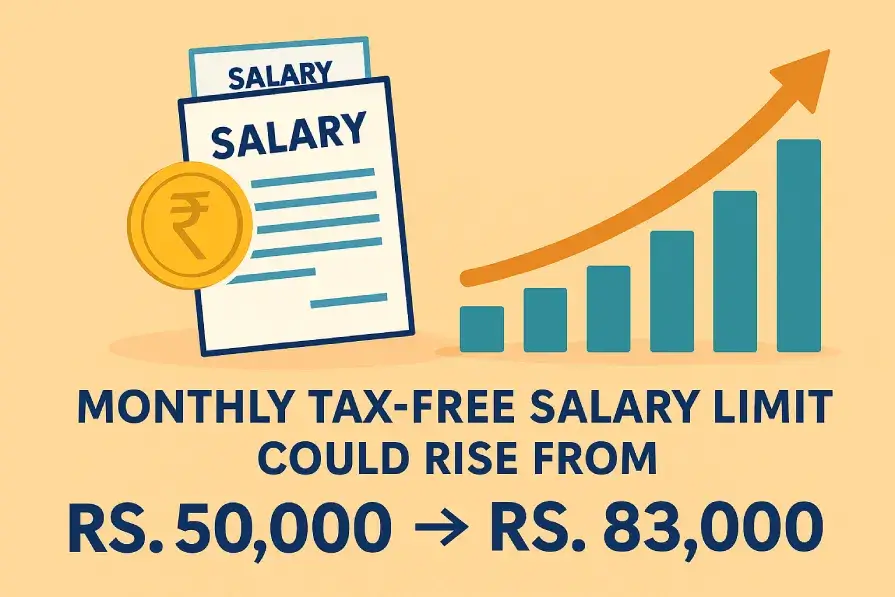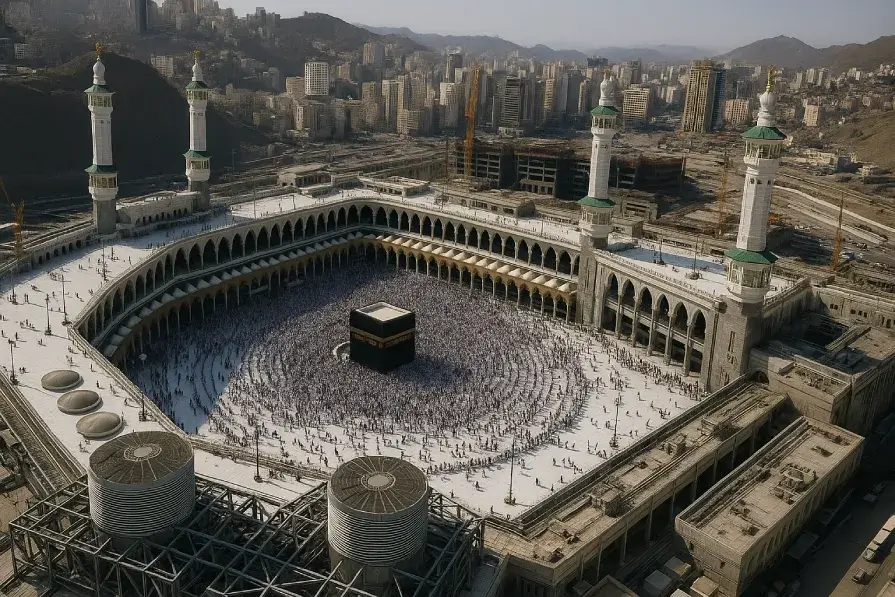We Will Not Allow India to Use Water as a Weapon

The Prime Minister, Shehbaz Sharif, says that India will never be able to harm Pakistan by threatening its water supply. On the subject of water rights, the Prime Minister mentioned their firm determination to protect the water resources of Pakistan. It comes as tensions about the Indus Waters Treaty, managing the sharing of water by both neighboring countries, continue to mount.
Water scarcity is a big problem, affecting all aspects of Pakistan’s agriculture, economy, and protection of the nation.
Indus Waters Treaty: A Fragile Agreement Under Pressure
After being mediated by the World Bank, India and Pakistan signed the Indus Waters Treaty (IWT) in 1960, creating a system for the fair and convenient division of the Indus River waters. India is given the eastern rivers (Ravi, Beas, and Sutlej), and Pakistan gets the western rivers (Indus, Jhelum, and Chenab).
The treaty has managed to last through many wars, though recent Indian efforts to build hydroelectric and dam projects on western rivers deeply concern Pakistan. Pakistan believes that India can change the water structure of waterways, affecting Pakistan’s irrigation, electricity, and drinking water supply in its most productive regions.
Learn More: President Zardari Signs Law Banning Child Marriage Under 18 in Islamabad
Water is a Matter of National Survival
The prime minister said in his speech that water is more than a natural resource; it is essential for Pakistan’s survival. The prime minister stated that around 90% of Pakistan’s agriculture relies on the continuous supply of Indus water.
“The way our agriculture, economy, and population fare depends on the health of these rivers,” the Prime Minister pointed out. Nothing will threaten our lifeline with danger from outside.
Such a firm stance aims to unite people from all political views around an issue vital to the country’s ongoing stability.
Pakistan to Use Diplomatic and Legal Channels
If the situation includes water hostility, the Prime Minister confirmed Pakistan will use all available diplomatic and legal methods. It was stated that the government is working together with international legal experts, environment experts, and friendly countries to present Pakistan’s views at global meetings.
He urged that “water should be used for all, not for political gains.” We will cooperate with the world and follow international law, but we will speak out if something threatens our interests.
Pakistan is relying on the rules of international law and backing from various countries to address possible actions that might tilt the balance in the region and defy the Indus Waters Treaty.
Water Disputes in a Changing Climate
Fighting for water has become even worse because of global warming and less snowfall on glaciers. Because both India and Pakistan use water from Himalayan rivers, any changes in snowcaps or rainfall have already affected water supplies.
If India changes the river flow in any way, this could have highly damaging effects on Pakistan’s downstream regions. Experts believe that when water flow is disturbed during harvest seasons, it can cause food problems, displacement, and harm the economy.
In effect, the government’s active response is required by strategy as well as politics.
Learn More: UAE Embassy Introduces New Visa Entry Rules for Pakistani Applicants from June 2, 2025
India’s Projects Spark Regional Concern
The Pakistani government has complained several times about India’s recent dam construction on the Chenab and Jhelum rivers, such as Pakal Dul and Ratle. India believes these projects are allowed under their agreements, yet Pakistan firmly believes they have been built wrong and can be dangerous to the water supply.
Various rounds of talks and reviews by experts under the World Bank have occurred, but the issue has still not been fixed. Pakistan has suggested creating a strong method for settling disputes and asking for more clarity on how water is shared and used at the source.
A Global Call for Fair Water Governance
PM Shehbaz Sharif also asked the world to pay attention to what is happening in the country. He pointed out that using water as a weapon could cause significant problems in South Asia, which is already unstable.
He went on to say, “All human beings have the right to clean water.” Pakistan calls on global institutions and allies to support us in getting fair and peaceful water distribution.
According to the message from the Prime Minister, Pakistan is both asserting its rights and encouraging fair global approaches to water management between countries.
A Message of Unity and Resolve
Pakistani society was moved by the Prime Minister’s speech. He made it plain that national interests must be protected, and Pakistan will do so by joining forces and determination. National leaders, provincial governments, water organizations, and the military are all working together on how to respond to the drought.
He claimed this issue is not influenced by political preferences. It is essential for safeguarding our children’s future, maintaining enough food, and maintaining the ecological health of the area.
Conclusion: Water Cannot Be a Weapon
The Prime Minister’s forceful position in talks over the Indus Waters Treaty proves Pakistan’s right to equal access to water. Pledging diplomacy, legal measures, and international cooperation show the government will stand against anyone trying to block water resources.
People worldwide should realize that water is not a weapon; it belongs to all and is something we are all responsible for. Acting on its rights to water, Pakistan demonstrates it is dedicated to peace in the region, justice for the environment, and honest humanity.










Top 5 Visa-Free Countries UAE Residents Can Visit During Eid Al Adha Holiday – ZOQ Pakistan
June 1, 2025[…] We Will Not Allow India to Use Water… […]